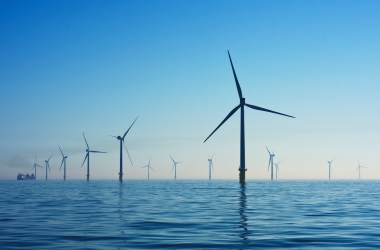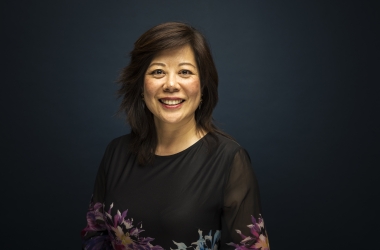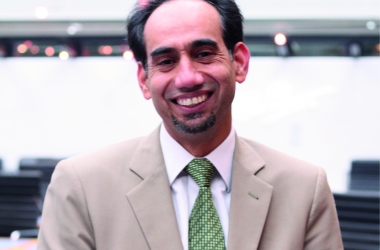Wittenborg Online News!
New Wittenborg MBAs Aligned with Environmental and Industry Needs
New Wittenborg MBAs Aligned with Environmental and Industry Needs
New Wittenborg MBAs Aligned with Environmental and Industry Needs

MBAs in Clean Tech and Smart Industry Based on Research Projects
With the goal of promoting innovation, technology and sustainability, as well as student employability, Wittenborg launched two MBA specialisations in Clean Tech and Smart Industry in September 2021. Both were developed as the result of research initiatives the school had been part of in previous years.
The MBA in Clean Tech stems from the GREAT project, conducted between 2013 and 2015 with the goal of fostering the adoption of clean technologies by industries located in the region of Apeldoorn, Deventer and Zutphen. Among other courses, the new specialisation includes the modules Corporate Sustainability and Energy Efficiency, Zero-Energy Buildings & Energy Transition and Renewable Energy: Solar, Wind, Hydro.

Wittenborg CEO Maggie Feng commented that by taking part in the GREAT project the school saw that there is a need for more professionals in the field of clean technology, and this encouraged the development of the new specialisation. “One of our goals is to positively impact society, and these future professionals will be needed to support the regional industries in their transition to cleaner production techniques. Ultimately, what we would really like to achieve is to connect local employers to the international, English-speaking talent that is in our classrooms. For this reason, we have invested in multiple resources, including guest lecturers, project weeks, work placements and graduation assignments focused on real-life, applied research,” Feng stressed.
The MBA in Smart Industry is, in turn, based on another important initiative that Wittenborg participated in, the EFRO Recap project, conducted together with the University of Twente and industry partners. The project, which analysed the implementation of artificial intelligence and robotics solutions by industries, required the development of either an educational programme or training activities and workshops related to the smart industry. Students who are pursuing this new specialisation take courses on topics such as New Smart Economy, Smart Industry Operations and Cyber Security in Integrated Autonomous Business Operations.

According to Wittenborg Head of the School of Business Rauf Abdul – who is also the coordinator of the MBA in Smart Industry – apart from responding to the needs of the industry, the creation of new specialisations by the institution is connected to one of its three pillars: diversity. “Diversity is not only about people, but also about educational approaches. If we look at what companies are searching for these days, they are in need of professionals who can work within these modern manufacturing processes and service provisions. So, by participating in this research project, we sought to understand the latest job market trends and to effectively prepare and qualify students for those careers.”
Abdul added that these economic and technological trends can be observed in many of the world’s leading economies, such as the United States, Japan, the United Kingdom, Germany, France and South Korea. “This is why, apart from creating the new specialisations in Clean Tech and Smart Industry, we have also developed MBA programmes in Data Analytics and Digital Transformation,” he pointed out.
WUP 19/4/2022
by Ulisses Sawczuk
©WUAS Press
537 words